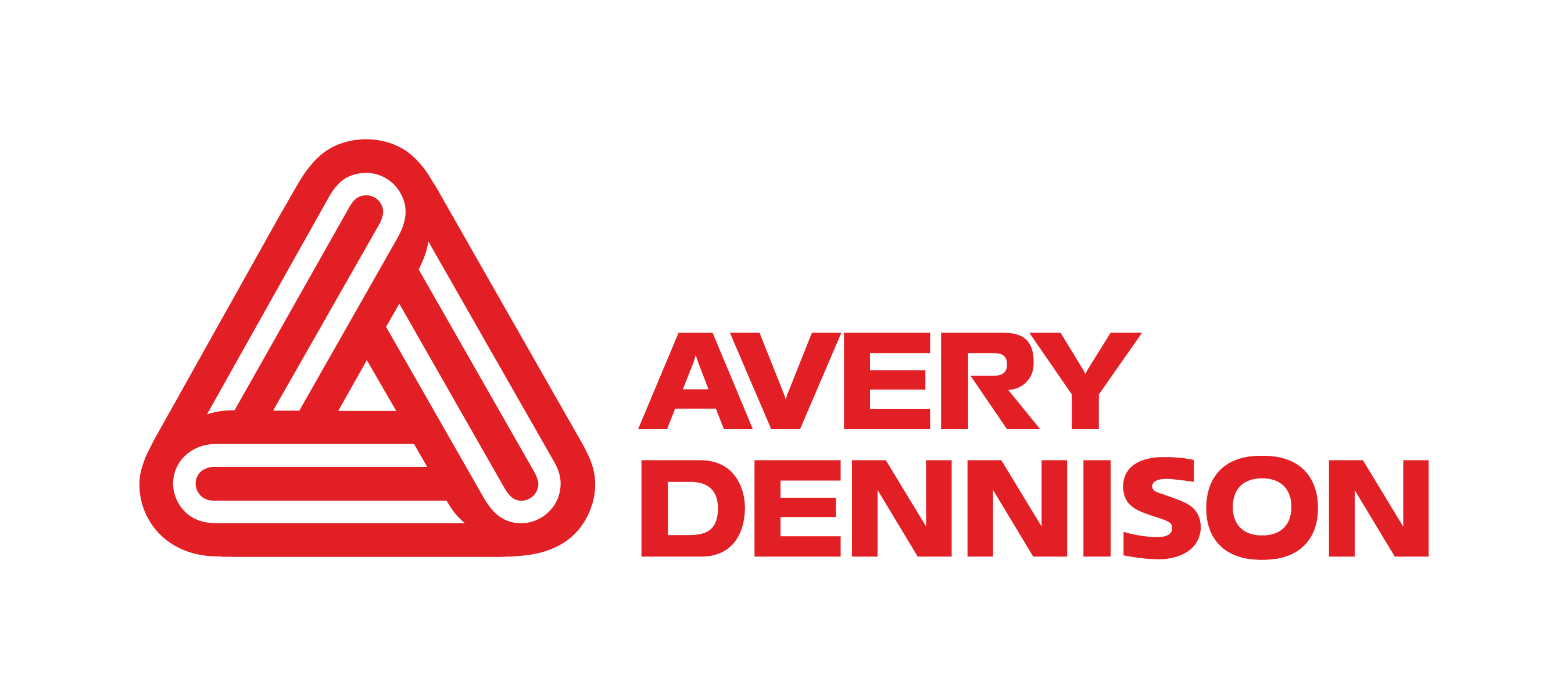Avery Dennison is committed to creating a circular economy and not only help create a healthier planet, but also enable others to do the same. Why is it important for businesses like yours to adopt such a mindset and approach?
These types of projects are much better achieved through an integrated approach and a better understanding of the supply chain. The search for efficiency affects not only one part of the chain, but the entire chain. Everyone needs to be aware that the objective is the same, whether they are small, medium, or large businesses. The achievement of these circular objectives will be difficult without the participation of all links in the chain, which is why we believe initiatives such as AD Circular are especially relevant and vital.
Can you talk about your company approach to sustainability on a broader level?
Our environmental commitments are based on three axes: reducing our carbon footprint, improving energy efficiency, and committing to renewable energy.
As part of our plan, Félix Solís Avantis began calculating the carbon footprint associated with the activities of two of its wineries (Valdepeñas and La Puebla de Almoradiel), as well as other related production sites. The carbon footprint calculation method was developed by a specialized company and complies with the principles described in the Greenhouse Gas Protocol. Based on these calculations, it was determined that emissions are primarily caused by the consumption of electricity, and to a lesser extent, by natural gas used in the warehouses and diesel used by the warehouse and farm vehicles.
We have therefore started using energies of renewable origin (GdO) and "green electricity”, which has considerably reduced the emissions associated with our electricity consumption. We've also implemented technologies and machine improvements that reduce energy consumption and water use. Our new barrel warehouse was designed to be self-sufficient, generating its own energy and sending the surplus to the rest of the winery. Additionally, the weight of glass bottles has been reduced; this was carried out in more than 13 million units in 2020, saving 788 tons of glass. Finally, and of crucial importance, complex cardboard packaging with 100% FSC certification has been partially implemented.
Félix Solís Avantis also intends to include photovoltaic solar self-consumption facilities as part of its medium-term strategy. The company will also develop a roadmap to reduce its transport carbon footprint and a guide of sustainable requirements for suppliers and other associated companies as part of its environmental plan.
With all these changes, we aim to become the benchmark winery for sustainability.




